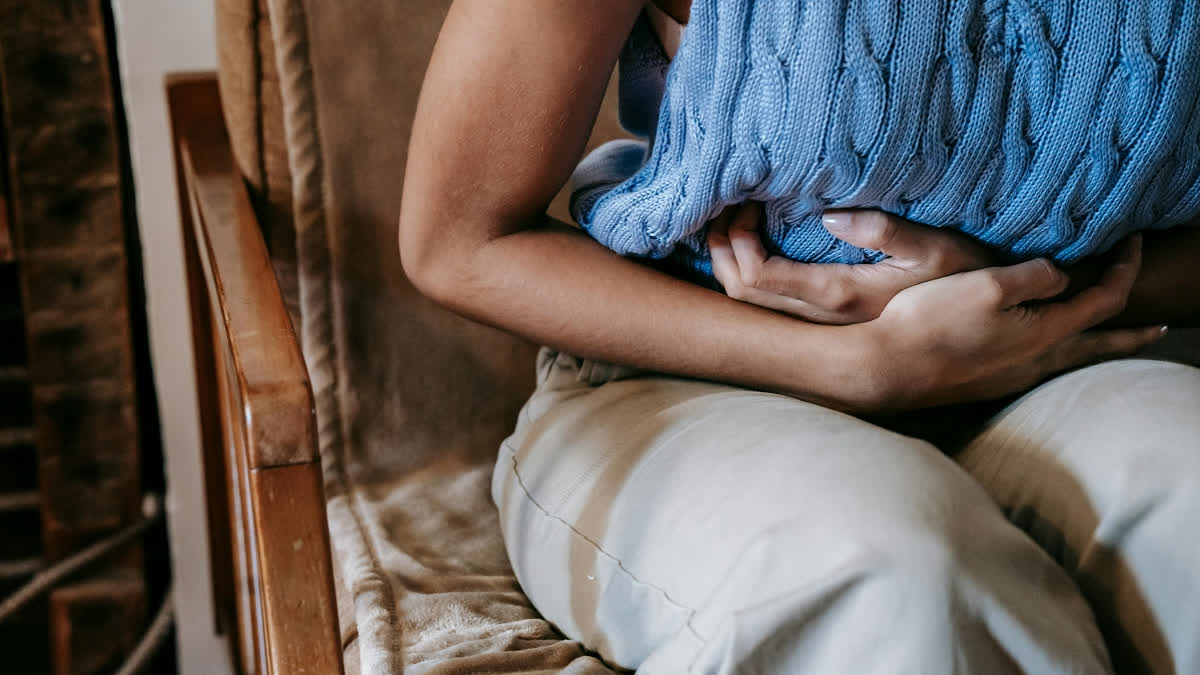As women enter their 30s, many experience changes related to their menstrual cycles. While doctors emphasize that these issues are common, they can often be managed effectively with timely care and treatment. However, neglecting symptoms or delaying medical attention can lead to more significant complications.
The Importance of Timely Examination and Treatment
Menstrual health is a natural aspect of every woman’s life. Yet, after the age of 30, hormonal fluctuations and physical changes can disrupt the regularity of menstrual cycles. These issues not only affect physical health but can also impact mental and emotional well-being, disrupting daily routines, work, and social lives. Experts suggest that with conscious self-care, a healthy diet, and lifestyle adjustments, many women can significantly alleviate these problems.
Common Menstrual Problems After 30
According to Dr Jayanti K. Wadekar, a gynaecologist based in Bangalore, women often face a variety of menstrual cycle issues after 30. This is a time marked by considerable hormonal changes. Factors such as diet, sleep patterns, stress, and inadequate rest can lead to fluctuations in hormone levels, exacerbating menstrual problems.
Irregular Menstrual Cycles: Women may notice changes in the timing, amount, and duration of their periods. This irregularity can be linked to perimenopause, the transitional stage leading up to menopause.
Excessive Menstrual Bleeding (Menorrhagia): Many women experience heavier than normal bleeding, which can be caused by hormonal imbalances, uterine fibroids, or endometriosis.
Painful Menstruation (Dysmenorrhea): Extreme pain during periods can intensify after age 30, affecting daily activities. This pain may be felt in the lower abdomen, back, and legs.
Premenstrual Syndrome (PMS):Symptoms such as mood swings, irritability, fatigue, headaches, and swelling can occur in the days leading up to menstruation. Hormonal changes can intensify these symptoms in women over 30.
